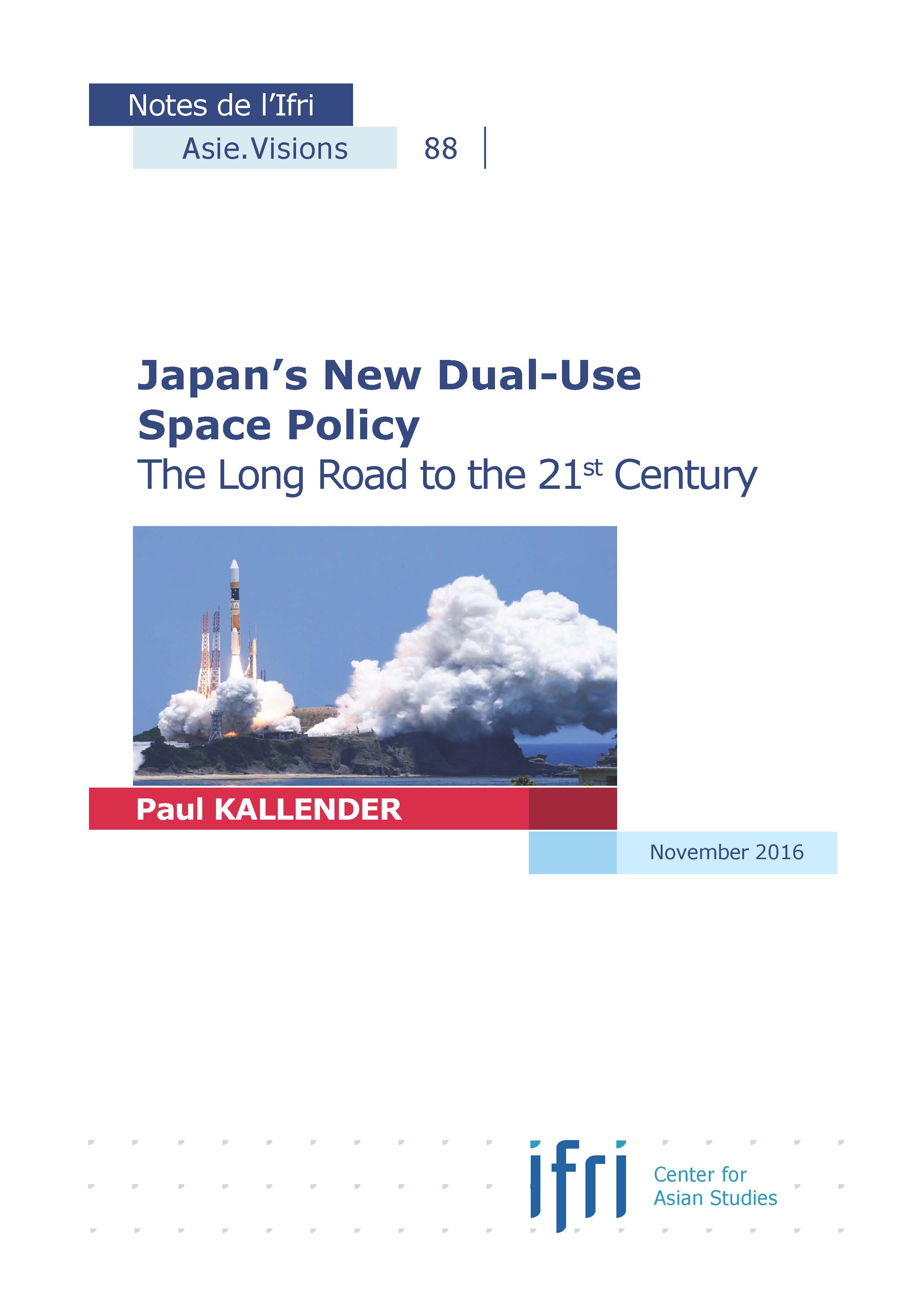Japan's New Dual-Use Space Policy: The Long Road to the 21st Century

Japan’s latest space policy is designed to support a more proactive US-Japan alliance role in containing China, and robustly defend Japan against North Korean ballistic missile threats.

As such, it represents a significant departure from a near 40-year history during which Japanese space activities were designed to achieve the opposite: to remain hermetically sealed from any involvement in national security.
Within this, Japan has clearly set space development as a major plank not only of national but regional security policy. In this year’s Basic Plan 4, Japan has produced the nation’s first fully budgeted, costed and timetabled implementation of a series of programs that are openly security-oriented. Further, these goals are understood and supported domestically by key related players.
Getting to this point has not proved easy. Overcoming a four-decade legacy, and building on the Space Basic Law of 2008, Basic Plan 4 perhaps represents the first really fully implementable policy in fulfillment of goals laid out eight years ago.
Its formulation constitutes a major achievement and the result of intensive struggles in which a wide constituency of bureaucratic players have been forced by both domestic political and regional security and alliance pressures to work together.

Available in:
Regions and themes
Share
Download the full analysis
This page contains only a summary of our work. If you would like to have access to all the information from our research on the subject, you can download the full version in PDF format.
Japan's New Dual-Use Space Policy: The Long Road to the 21st Century
Related centers and programs
Discover our other research centers and programsFind out more
Discover all our analysesSat-to-Cell: Towards Universal Connectivity?
Sat-to-Cell is a new type of service that connects smartphones directly to satellites. It has recently enabled innovative applications such as emergency text messaging via satellite. The technology is developing rapidly, and many questions are now being raised about its potential impact.
NATO's New Ambitions for Space
Ahead of Russia's invasion of Ukraine, a devastating cyber attack targets Ukrainian army communications, exposing Western dependence and vulnerability to space technologies, and calling NATO's defensive posture into question.
China in International Space Cooperation: Heading South
In only three decades, China has become one of the world’s top space powers. At the turn of the 2020s, almost suddenly, China became the main challenger to the US, although with a significant remaining gap to bridge.
2024: A Pivotal Year for the Space Sector?
2024 could be a pivotal year for space exploration. New launchers are set to make their first flight, satellite constellations and other trends promise to redefine the way space is explored and exploited.









